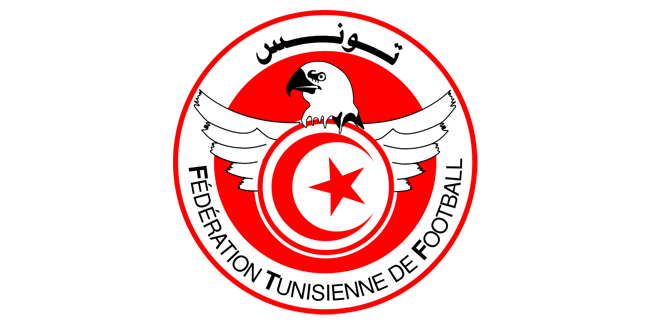A cohort of distinguished Tunisian football coaches have officially obtained the CAF Pro Licence, the highest certification in African football coaching, following a comprehensive training programme organised by the Tunisian Football Federation.
The certification marks a major step in the professional development of several figures who have already made their mark on both domestic and international football.
Among those awarded the licence are Said Saibi, Maher Kanzari, Mohamed Kouki, Tarek Thabet, and Abderrazak Chebbi — all of whom completed the rigorous assessments required to secure the coveted qualification.
The group also includes Hammadi Daou, Mouine Chaabani, Montassar Louhichi, Mourad Okbi, Mondher Kebaier, Sofiene Hidoussi, Chokri Khatoui, Khaled Ben Yahia, Lassaad Dridi, Ferid Ben Belgacem, Kamel Kolsi, and Samir Landolsi.
Their successful completion of the programme positions them to take on high-level coaching roles within Africa and beyond.
The CAF Pro Licence is a critical credential for coaches aiming to manage top-tier clubs or national teams on the continent.
It encompasses a wide range of modules, including advanced tactics, player management, sports science, and leadership, and is comparable to UEFA’s Pro Licence in terms of prestige and technical scope.
This latest batch of graduates reflects the continued commitment of Tunisian football authorities to raise the standard of coaching in the country and nurture homegrown managerial talent.
With football in North Africa becoming increasingly competitive and influential on the continental stage, the need for highly qualified coaches has never been greater.
Several of the newly certified coaches have held prominent positions in the Tunisian Ligue Professionnelle 1, while others have contributed abroad or with national teams at various levels.
The CAF Pro Licence now enhances their prospects further, opening doors to more prestigious assignments, including participation in CAF competitions such as the Champions League and Confederation Cup.
The Tunisian Football Federation hailed the achievement as a proud moment for the nation’s footballing community and reiterated its ongoing support for professional development initiatives aimed at elevating Tunisian football on the global stage.
With this new qualification in hand, Tunisia’s elite coaching class is well-positioned to influence the future of African football, both tactically and structurally, in the years ahead.











